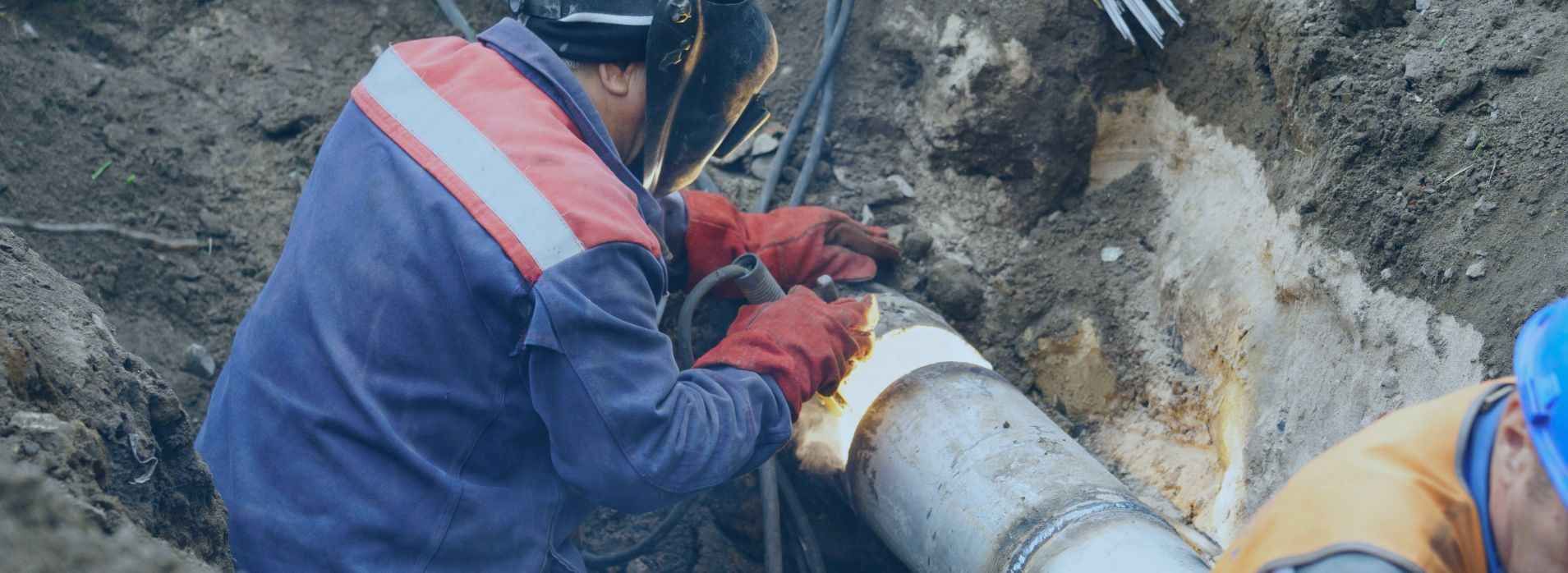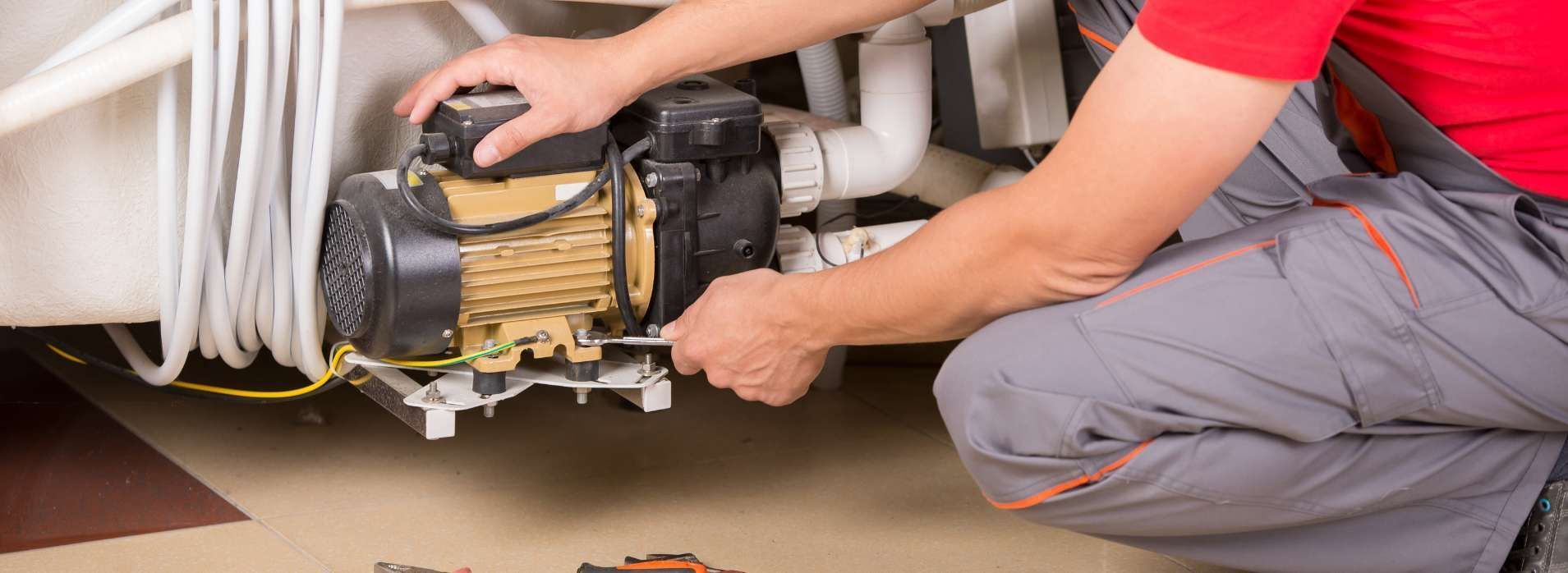How To Select The Right HVAC System For Your Home?
Heating, ventilation, and air conditioning (HVAC) systems are a cornerstone of every building's mechanical infrastructure. When it comes to home comfort, energy efficiency, and cost-effectiveness, the correct HVAC system makes all the difference.
The first step in selecting an HVAC system for your home is determining your heating and cooling requirements.
HVAC systems have their own advantages and disadvantages, so it's crucial to familiarize yourself with all of your alternatives.
This article will go over all the important details in depth, allowing you to make a well-informed decision when purchasing a home HVAC system. After reading this article, you'll know what to ask and how to narrow down your options to the one that works best for your home and budget.
Assessing Your Home's Heating & Cooling Needs
It is important to have your home's heating and cooling needs evaluated before investing in an HVAC system. A qualified HVAC specialist assesses your home's size, insulation, and other factors to recommend a cooling and heating system.
With the help of a professional assessment, you can find the HVAC system that will work best for your house, save your monthly bills, and keep you comfortable for years to come.
There are several factors to consider before selecting the right HVAC system for your home. Some of those factors are the following:
If you live in a colder region, a more powerful HVAC system is required, especially during the winter.
The number of rooms in your home also determines the capacity of your HVAC system and the amount of air that must be pumped into each room.
Insulation is another major factor in evaluating your home's heating & cooling needs.
Types Of HVAC Systems
There is a wide range of
HVAC systems when it comes to house heating and cooling systems. Some of them are as follows:
Central Air System
Central air system is a very common type of HVAC system for every home. The ducting in such systems is what actually does the cooling for you. The compressor and condenser are located in the outdoor unit, while the evaporator and air handler are located in the indoor unit of a central air conditioning system.
The compressor starts pumping refrigerant through the system when the thermostat determines it’s time to chill the residence. Air is cooled in this procedure before being ducted throughout the house.
Central air conditioning systems are efficient at cooling a home, but they are also costly to install and operate.
Ductless Mini-Splits System
The efficiency and adaptability of ductless mini-split systems are driving their rising popularity. As the name implies, these systems cool your entire home without installing ducting. Instead, these systems have one outside unit and one or more inside units installed in the ceiling or wall.
The power and refrigerant cables for inside and outside units are run through the same conduit. The cool air is blown into the room from the indoor units by the outside unit when the system is activated. However, If your home doesn't have ductwork or you just want more precise temperature control in certain areas, a ductless mini-split is the way to go.
Heat Pumps System
In the winter, heat pumps move heat from the outside air into your home, while in the summer, they move heat from the inside to the outside.
Heat pumps are similar to central air conditioners in that they use ductwork to provide conditioned air throughout a building. While heat pumps are generally efficient, their effectiveness in extremely cold or hot weather reduces their applicability in some regions.
Energy Efficiency
In today's society, energy conservation is a hot topic for a good reason. Electricity is crucial to our daily lives, but it is typically produced using unsustainable methods. You can lessen your impact on the environment and save money on utility costs by installing an efficient heating, ventilation, and air conditioning system.
But what do ratings like SEER, HSPF, and AFUE—which measure energy efficiency—really indicate?
Seasonal Energy Efficiency Ratio (SEER) is a rating used to determine how effective an air conditioner is at removing heat from a room. More efficient systems have higher SEER ratings.
Heat pumps are rated by their HSPF, which stands for Heating Seasonal Performance Factor. A higher HSPF rating means that the system uses less energy.
Annual Fuel Utilization Efficiency (AFUE) is a rating used to assess the effectiveness of heating appliances such as furnaces and boilers. The annual fuel utilization efficiency (AFUE) rating measures how effectively a heating system converts fuel into heat.
Selecting this system is crucial since it drastically cuts down on monthly electricity costs. These systems have a higher initial investment cost but pay for themselves over time through lower ongoing bills.
Consider the systems' energy efficiency ratings carefully before making a final choice. While purchasing a new HVAC system, make sure to look at these ratings and choose the best option for your home and your wallet.
Installation & Maintenance
HVAC systems require installation services based on the sizing parameters of your homes. A certified expert installs your system to work correctly and run efficiently. So whether you need ductless air conditioner installation or commercial HVAC system installation, a specialist provides all.
A qualified professional also checks your system, cleans its parts, and makes any necessary repairs and adjustments during a maintenance appointment. It is essential to hire a competent HVAC installer and to keep up with routine maintenance on your home's heating, ventilation, and air conditioning system.
Cost Considerations
It's common for homeowners to spend thousands of dollars on a new heating and cooling system. The price of these systems needs to be taken into account before purchasing. Many variables affect how much it will cost to install an HVAC system. These variables are:
- Costs will increase proportionally with the size of the system.
- HVAC systems with a higher efficiency level are more expensive initially as they end up saving money on energy costs in the long run.
- The degree of difficulty during setup is also a factor in the final price. The price of installation increases if you need to make major adjustments to your property, such as installing new ducting to fit a new system.
- To aid homeowners with the expense, many manufacturers now offer financing plans. In addition, some local governments provide financial incentives in the form of rebates or tax credits to homeowners that invest in green technology.
Conclusion
In conclusion, choosing the right HVAC system is important for your home's comfort, efficiency, and financial well-being. For the most thorough evaluation and advice on choosing the right system, it is always best to contact specialists.
Patriot is ready to help if you need
HVAC emergency service. Our licensed and insured experts are always ready to provide top-notch services at economical prices. We ensure to go the extra mile to exceed your expectations. We'll answer your concerns and help you make important decisions. You can rest assured to take care of all of the small details of your HVAC project.
Contact us today!
You might also like
All Rights Reserved | Patriot Heating, Cooling & Plumbing Powered By Sculpt Marketing & Consulting



